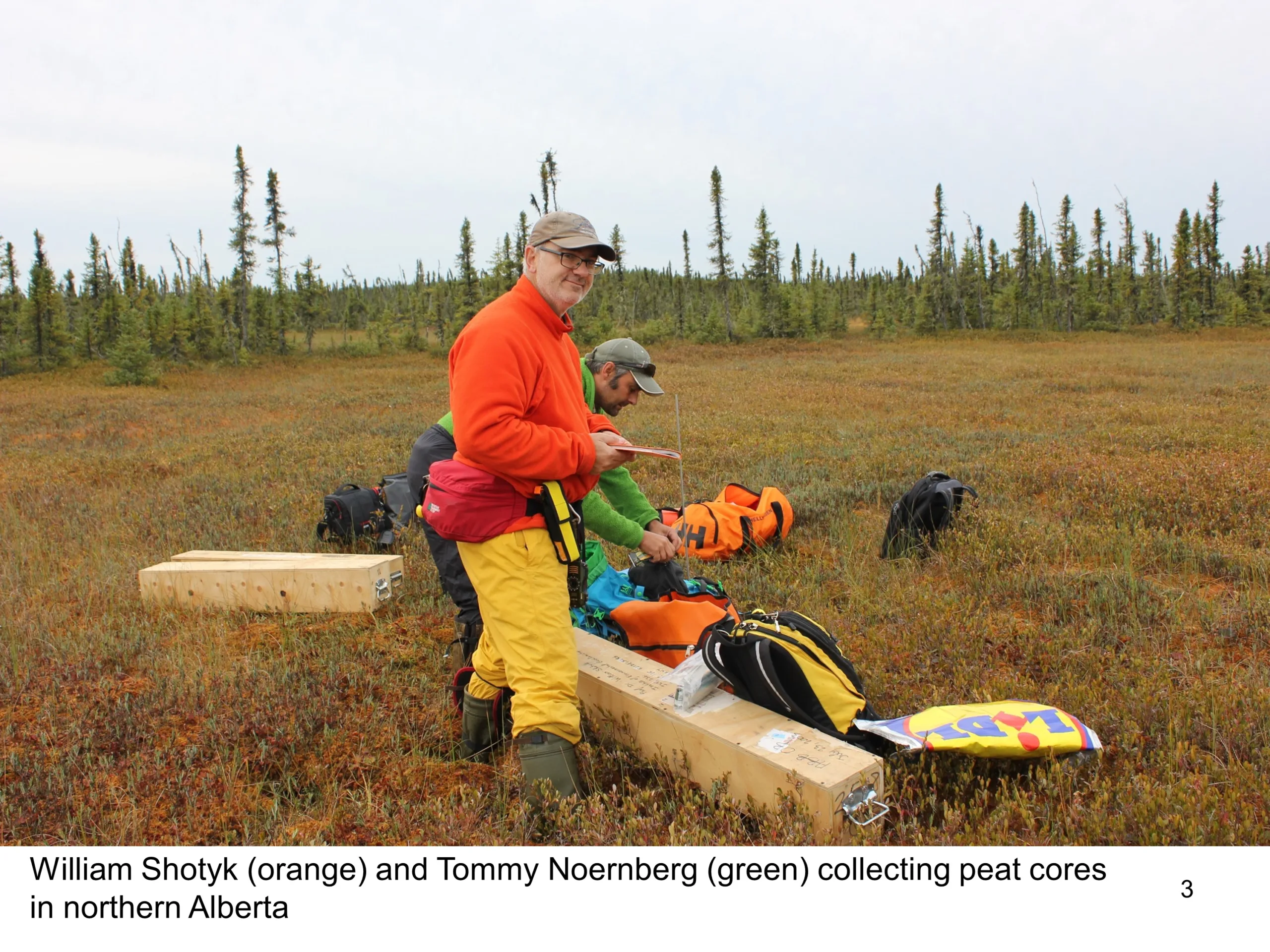Oil sands sector gaining global recognition as a long-term secure supplier in a net zero world

Pathways Alliance highlights unprecedented decarbonization plan at CERAWeek
Canada’s oil sands industry is poised to play a large and lasting role helping to meet energy security needs in a net zero world, leaders of the Pathways Alliance told delegates to one of the most important annual global energy conferences last week in Houston.
Senior executives of the alliance of Canada’s six largest oil sands producers met with governments, industry and media at CERAWeek to discuss how global supply disruptions due to continued geopolitical tensions such as the invasion of Ukraine continue to shine a spotlight on Canada as a preferred supplier of oil.
“People are starting to view this disruption in global energy markets as more or less permanent,” said Alex Pourbaix, President and Chief Executive Officer of Cenovus Energy on the sidelines of the conference that attracted some 7,500 delegates from dozens of countries around the world.
“What we keep hearing from our stakeholders is that energy security is important but they also want to be buying their energy from stable, democratic countries that have a strategy and an intention to continue decarbonizing.”
Pathways Alliance president Kendall Dilling said more and more people he spoke with are beginning to recognize the industry’s ambitious plan to help Canada meet its climate commitments and the unprecedented level of collaboration between companies and governments to get it done.
“Work being done collaboratively between industry and governments in Canada and the United States to decarbonize oil production will reinforce our global status as a preferred supplier – and give us the opportunity to increase market share while the world needs oil for many years to come,” said Dilling.
A dominant theme at the conference was how clean-energy incentives introduced by the U.S. government in the Inflation Reduction Act are impacting investment competitiveness in other jurisdictions. Dilling said he is encouraged Canada’s government has acknowledged the need to introduce measures that would allow Canadian industry to compete for that investment.
“Our industry must be part of the North American solution. As Canada’s six largest oil sands companies we have a collective resolve to be a major part of the country’s path forward for the environment and the economy.”
Pathways Alliance is advancing a bold and realistic plan to reduce absolute emissions from production by 22 million tonnes annually by 2030 and achieve its goal of net zero operational emissions by 2050.
With anticipated co-funding support from Canadian governments, the Alliance has announced plans to invest about $24 billion before 2030 in the first phase of its plan.
Of the $24 billion, about $16.5 billion will support a proposed carbon capture and storage network in northeastern Alberta that, when constructed, will be among the largest of its kind in the world. The remaining $7.6 billion investment is planned on additional major emissions reduction projects and technologies.
Suncor’s Interim President and Chief Executive Officer Kris Smith said industry and government are setting the platform for a bright energy future.
“When you start describing what we are talking about – the size, the scale and the scope of the decarbonization of the resource and the opportunity for the resource going forward – I think we surprise a lot of people,” said Smith.
“The innovation that’s driven the industry over the last 30 years is now going to take us forward for the next 30 years.”
Pourbaix, Smith and ConocoPhillips Canada President Bij Agarwal, spoke about the Pathways Alliance plan and the strength of the oil sands industry during a panel session at the conference hosted by Kevin Birn, Global Head of Centre of Emissions Excellence & Chief Analyst, Canadian Oil Markets, for S&P Global.
“The oil sands have done well through a lot of hard work and effort, by driving down costs and keeping a big focus on ESG (Environmental, Social and Governance),” Agarwal told hundreds of delegates at the session.
“It is exciting to be part of the oil sands.”
Dilling also took part in a standing room only panel on hard to abate sectors, where he spoke specifically about the characteristics that make carbon capture and storage (CCS) ideal for an oil sands industry with a concentration of GHG emissions in a relatively small number of point sources.
Suncor’s Chief Sustainability Officer Arlene Strom, who spoke on a panel on sustainability in the energy sector, said collaboration amongst competitors was an easy choice when it comes to lessening the industry’s environmental footprint.
“We’ve been able to ask ourselves questions around whether we move faster and further if we collaborate, and when we look at projects like CCS we know we have shared infrastructure, so the answers to those questions is yes,” said Strom.


